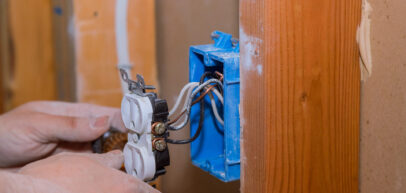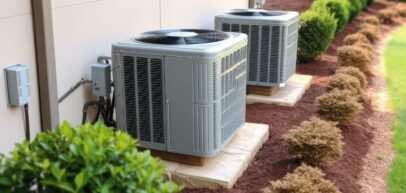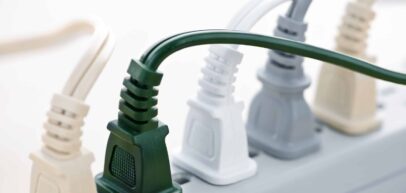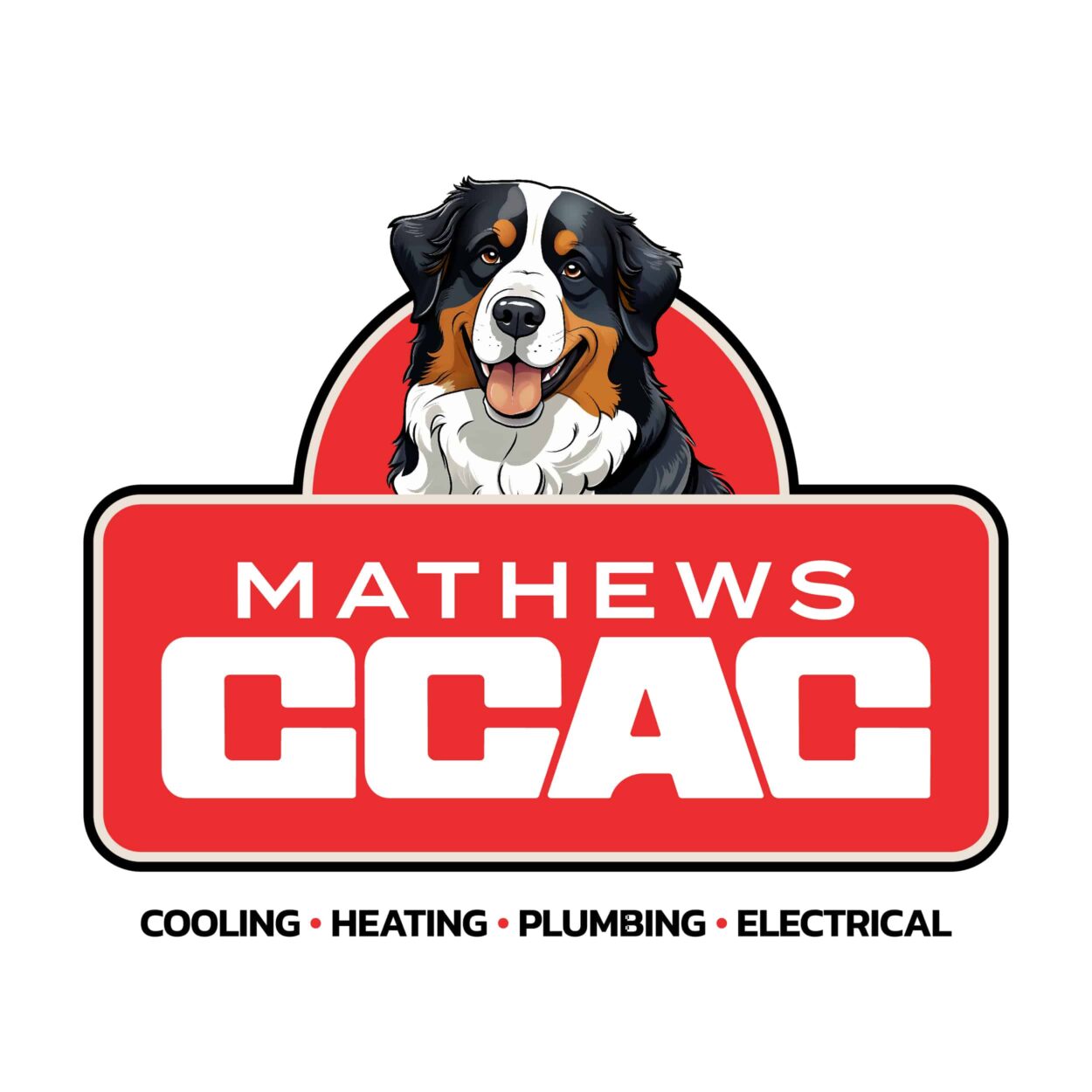Blog

Signs It’s Time for a Furnace Replacement and How to Choose the Right One
In Corpus Christi, where the weather can be as unpredictable as a Gulf Coast breeze, ensuring your home is equipped with…

Shield Your Home from Freezing Temperatures: Vital Advice from Mathews CCAC Air Conditioning
As cold weather approaches Corpus Christi and the surrounding regions, it’s essential to ensure your home’s critical systems are prepared. At…

Preventing Frozen Pipes: The Importance of Insulation Services This Winter
As winter approaches in Corpus Christi, freezing temperatures might not seem like an immediate concern. However, unexpected cold snaps can happen,…

How Outlet and Switch Repairs Keep Your Home Safe During Holiday Gatherings
As the holiday season approaches in Corpus Christi, homeowners are busy planning festive gatherings and decorating their homes. However, the added…

Winter Duct Cleaning: Fresh Air for a Healthier Home
As winter approaches in Corpus Christi, preparing your home for cooler weather becomes a priority. While the city’s winters are mild,…

Turkey, Stuffing… and a Clear Drain: Thanksgiving Plumbing Prep Guide
As the vibrant hues of fall envelop Corpus Christi, residents eagerly anticipate the warmth and joy of Thanksgiving gatherings. While turkey…

Why Is There a Burning Smell When I Turn On My Furnace?
As the cool breeze of fall begins to sweep through Corpus Christi, many homeowners find themselves reaching for the thermostat to…

Mathews CCAC Is Helping You Save Big on HVAC Upgrades!
Understanding the 2025 EPA Refrigerant Changes: What Homeowners Need to Know Starting January 1st, 2025, the EPA will phase out R-410A…

5 Signs Your Home Needs an Electrical Upgrade: Safety First!
In the vibrant city of Corpus Christi, where the coastal breeze meets the warmth of the Texas sun, ensuring your home’s…

Optimal thermostat settings for changing seasons
Living in Corpus Christi, where the weather can shift dramatically from season to season, it’s essential to know the optimal thermostat…








